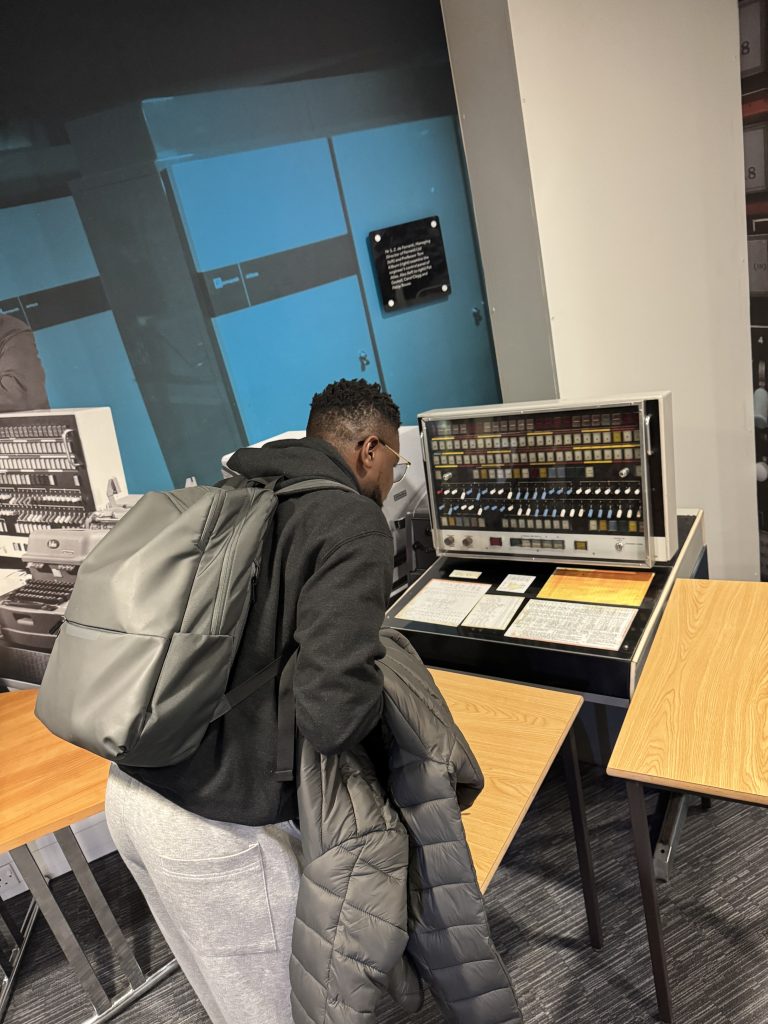The Power of Storytelling in an AI-Driven Future.

As artificial intelligence continues to reshape industries, economies, and daily life, one fundamental truth remains: people need stories to make sense of change. In a world increasingly governed by AI, storytelling will be essential—not just for entertainment, but for framing the societal shifts that affect jobs, accessibility, and the way we live.
The Role of Storytelling in AI Adoption
For many, AI represents both promise and uncertainty. Workers fear displacement, marginalized communities worry about exclusion, and businesses grapple with the ethical implications of disruption. Storytelling provides a bridge—helping people contextualize these changes, understand their impact, and envision a future where technology serves humanity rather than alienates it.
Research from UNESCO highlights the importance of accessibility and inclusivity in AI. The organization advocates for policies that ensure technological advancements benefit all communities, particularly those historically left behind. Without intentional efforts to frame AI’s role in society, the digital divide will widen, leaving many without a voice in the future being built.

Inclusion and Accessibility: The Missing Narrative
One of the biggest challenges in AI adoption is ensuring equitable access. This study on interactive digital storytelling explores how AI and augmented reality can help marginalized communities integrate into the digital landscape. The MEMEX project, for example, uses AI-powered storytelling tools to amplify voices that might otherwise be excluded from mainstream narratives.
Similarly, the AI and Accessibility Research Symposium has examined how AI can both empower and harm people with disabilities. Ethical concerns—such as bias in AI models, lack of representation, and manipulative practices—underscore the need for human-centric storytelling that prioritizes inclusion.
Shaping the Next Phase of Human Civilization
Beyond technological breakthroughs, what truly drives civilization forward is what people believe about the future. If AI is framed as a force for good—one that enhances human potential rather than replaces it—then adoption will be smoother, and resistance will be lower. But if AI is seen as a disruptive force that benefits only a select few, skepticism will grow.
This is why storytellers must step up. Governments, businesses, and innovators must work with writers, filmmakers, and communicators to craft narratives that reflect the human side of AI. The conversation must shift from technical capabilities to how AI fits into the lives we want to live.

A Collective Responsibility
Stakeholders across industries must recognize that AI is not just a technological shift—it is a cultural transformation. Policymakers must ensure AI development prioritizes accessibility. Businesses must frame AI adoption in ways that empower workers rather than displace them. And storytellers must craft narratives that help people see themselves in the future being built.
The next phase of human civilization will not be determined solely by algorithms, but by the stories we tell about them. If we want AI to serve humanity, we must ensure that the voices shaping its narrative are diverse, inclusive, and deeply human.